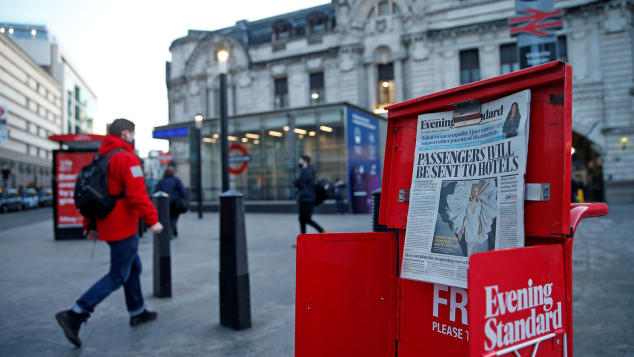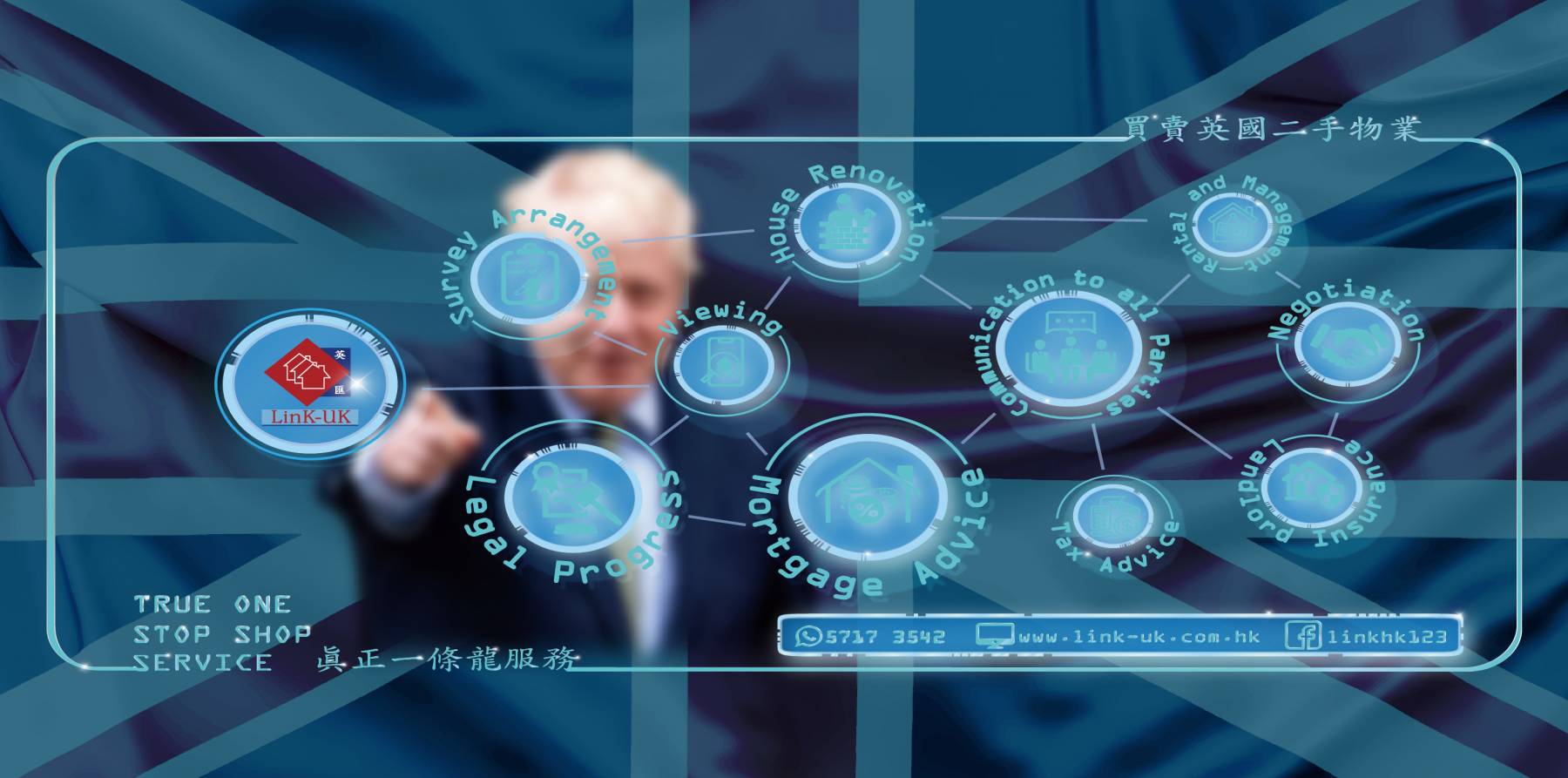CNN • Updated 28th January 2021
(CNN) — British people arriving home from 30 “high risk” countries will have to undergo a 10-day hotel quarantine at their own expense, as the United Kingdom tightens border controls to try to curb one of the world’s worst Covid-19 outbreaks.
Announcing the measure, Prime Minister Boris Johnson said that the tougher new rules would apply to travelers from “red list countries where we have particular concern about new variants.”
Non-UK residents will be refused entry, while British citizens and permanent residents will be picked up straight from the airport and transferred to government-provided accommodation where they will begin their mandatory stay.
Meals and hotel expenses in what is one of the world’s most expensive cities could end up costing travelers more than $2,000 for a 10-day quarantine.
The announcement came the same week the UK reached the grim milestone of 100,000 coronavirus deaths — the first country in Europe to do so.
Johnson also said that travelers will be questioned as to their purpose for travel. “I want to make clear that under the stay-at-home regulations it is illegal to leave home to travel abroad for leisure purposes and we will enforce this at ports and airports by asking people why they are leaving and instructing them to return home if they do not have a valid reason to travel,” he said.
UK Home Secretary Priti Patel later announced that people wishing to travel out of the UK will have to first make a declaration proving that their journey is essential.
It comes on top of the January 18 announcement that all travelers entering the UK, including British citizens, must present a negative Covid test taken within 72 hours of arrival. Prior to that date, the borders had been open with no test requirements.
The UK Department for Transport list mostly includes countries where the South African and Brazilian variants of coronavirus are believed to be spreading, as well as countries with strong travel links to South Africa and Brazil. However, the travel ban includes some exceptions, while some notable countries are excluded.
The United States, France, and Israel are not on the banned list, although the South African or Brazilian variants of coronavirus have been detected there.
Portugal is the only European country on the UK’s list and was included because of its strong travel links to Brazil, British Transport Secretary Grant Shapps said earlier this month.
Yet the European Centre for Disease Prevention and Control and WHO have warned about coronavirus variants reported in other European countries.
The banned list also includes some countries with no direct flights to the UK, such as Venezuela, Seychelles, and the Democratic Republic of Congo. But because the travel ban and hotel quarantine policies also apply to anyone who has transited through the list of banned countries in the last 10 days, it also applies to passengers with connecting flights or those who have arrived via a third country.


